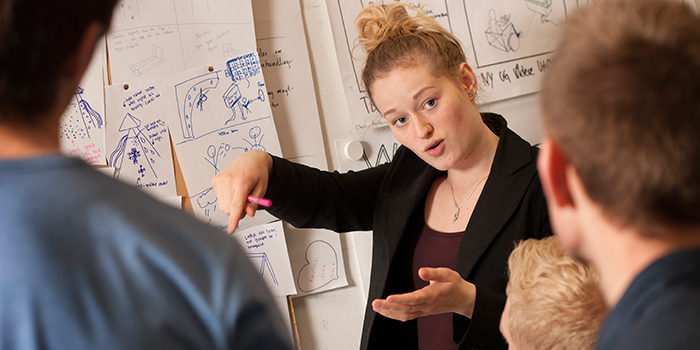For students starting the 1:1 programme at DTU, the requirement is 25 ECTS mandatory courses (course 12104 Modeling of Environmental Processes Modeling 10 ECTS, 12237 Chemicals in the Environment 10 ECTS, and 12240 Environmental Management the Ethics 5 ECTS) plus 25 ECTS Technological Specialisation courses (see curriculum) and 10 ECTS electives.
Students starting at EPFL have to take compulsory and specific SIE courses at EPFL totalling 23+25 = 48 ECTS credits and 12 ECTS courses at EPFL from an approved list of specialization courses
Students starting the first year at EPFL and do the second year at DTU have to take 20 ECTS credits among the Technological specialization courses at DTU and do a Master's thesis of at least 30 ECTS credits at DTU, plus maximum 10 ECTS elective courses to bring the total number of ECTS credits of the entire study up to 120 ECTS credits.
Students starting their first year at DTU and do the second year at EPFL take 20 ECTS specialization courses chosen from a list of approved courses at EPFL, do a master's thesis of 30 ECTS credits at EPFL and take elective courses chosen from a list of approved courses at EPFL to bring the total number of ECTS credits of the entire study up to 120 ECTS credits.
View the full curriculum here.
Study plan
As part of their application for the 1:1 MSc programme, students are asked to prepare a study plan which must be approved by both programme coordinators. The programme coordinators from each institution must approve the study plan of each student involved in the programme.
For EPFL students, the first and second semester are taken at the home institution and the third and fourth semester at the host institution.
For DTU students a standard period of two consecutive semesters is taken at the host institution. This can either be in the first and the second semester (master's thesis conducted at the home institution), or the third and fourth semester (master's thesis conducted at the host institution).
Master's thesis
The master thesis is usually written during the fourth semester of the programme. The thesis will be conducted with co-supervision from both institutions. The thesis supervisor at the institution where the master thesis work is conducted will act as the main supervisor and will thus have the primary responsibility for the student. Local thesis rules will apply.
Prior to the start of the master's thesis work, the subject of the master's thesis as well as a project description must be approved by both thesis supervisors. The subject of the master's thesis has to be approved by both programme coordinators. The thesis must be written in English.
For DTU students, the thesis must be presented at an oral defense according to the rules and regulations of the university where the master thesis has been conducted and with the participation of both supervisors.
For DTU students, the master thesis is graded using the 7-point grading scale, with the grade appearing on the Master degree diploma. The grade will be determined by the DTU thesis supervisor, the co-supervisor and a Danish external examiner according to the Danish rules and regulations on examination.
